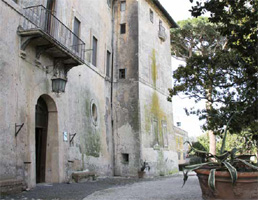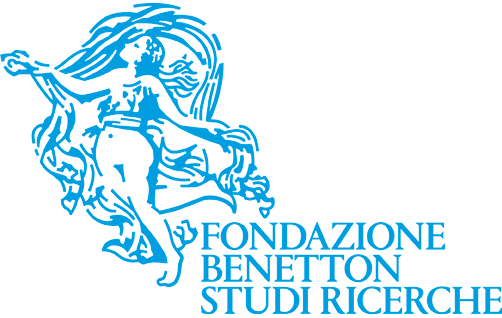
The Maccarese farm archive
Project for the recovery and valorisation of the historical archive of a farm
The Maccarese Farm, established in the late 1920s, represents one of the largest Italian agricultural entrepreneurial enterprises.
The farm began as part of the policies of integral reclamation promoted by the fascist regime in an area which was owned by the Rospigliosi family until just a few years prior, dominated by the latifundium and already part of the reclamation activities implemented at the end of the 1800s by the liberal state.
Its history is closely connected not only with the Maccarese community, which developed and was organised around the farm life and through its growth, but also with the major themes of Italian history of the last century: the reclamation activities and the relative scientific and political debate that developed around them, the techniques and policies of agricultural and zootechnical production, and the union battles following the second world war are all themes that the Maccarese farm sets the standard for on a national level.
The historical archive
The historical archive of the Maccarese farm, occupying over 500 linear metres, contains almost the entirety of the farm’s documentation, chronologically spanning from the end of the 1920s to the 1990s.
The materials recount the business life of the farm and of the subsidiary and affiliate companies, production with control over the crops and the various production centres and the strategic choices connected to them, the relationship with staff, with the people of Maccarese and with the creation of infrastructures and services for the community, many biographical elements of the people who were part of the history of the farm and which weave into Italian history, economy and politics.
The project for the archive
The project for the recovery and valorisation of the archive, which began in 2014, stemmed from the collaboration between Maccarese SpA Società Agricola and Fondazione Benetton Studi Ricerche, with the aim of making this precious documental asset available for consultation to the company, to scholars and researchers, to the local community and to anyone else finding elements of interest in it or even simple curiosity.
The archive has already undergone the necessary material technical operations to guarantee good long-term preservation, and two archival analysis campaigns, conducted by Memoria Srl, with the aim of reorganising it, creating suitable consultation tools, deciding on suitable forms of valorisation, with this last theme of the project being recently enriched with the collaboration of the Sapienza University of Rome.
